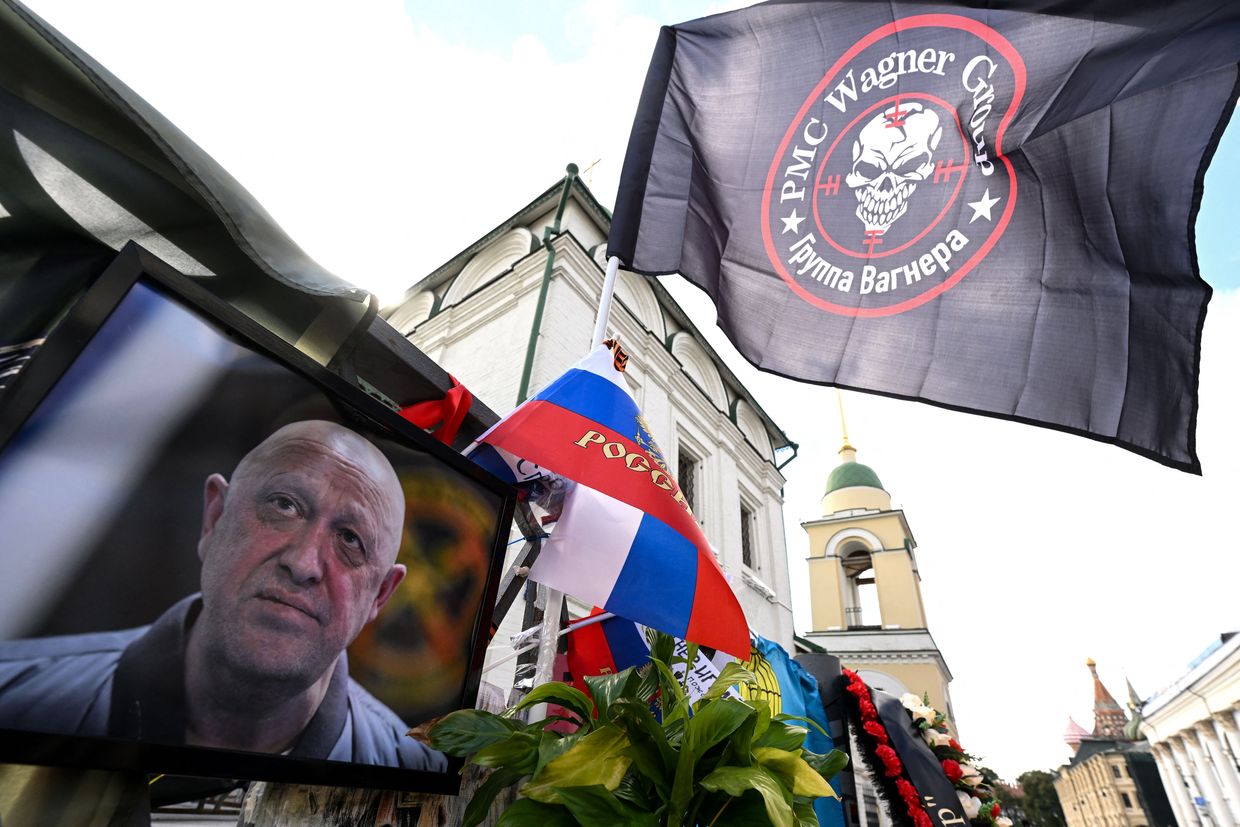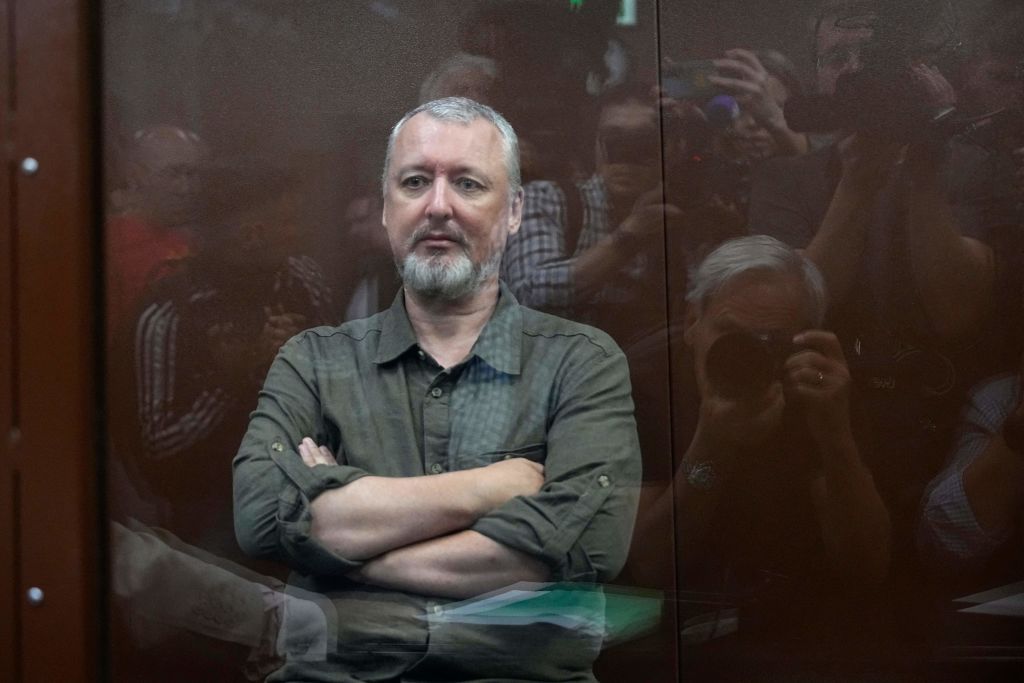Russian court sentences Daria Trepova to 27 years over explosion that killed propagandist Tatarsky

A court in Russia’s Saint Petersburg found Daria Trepova guilty of carrying out an explosion that killed a high-profile pro-Kremlin military blogger Vladlen Tatarsky in April last year, sentencing her to 27 years in prison, BBC Russia reported on Jan. 25.
The explosion occurred on April 2 in a cafe where Tatarsky was hosting an event for followers of his coverage of the war after Trepova handed him a trophy. Trepova, arrested the next day, received “the most cruel sentence against a woman in the entire history of modern Russian justice,” according to her lawyer.
Trepova was accused of committing a terrorist attack, illegal trafficking in explosive devices, and forgery of documents and was found guilty of all the charges, BBC Russia wrote.
Trepova pleaded guilty only to using forged documents and has insisted that she had no intention of harming Tatarsky. She claims to have been set up and convinced that a listening device was hidden in the trophy.
In her court statement, Trepova said, as cited by the BBC, that she was “very hurt and very ashamed that [her] gullibility and naivety led to such catastrophic consequences” and asked for forgiveness from the victims.
Tatarsky died on the spot, and dozens of other people were injured in the explosion. The Saint-Petersburg cafe where the assassination took place reportedly once belonged to Yevgeny Prigozhin, the late leader of the notorious Russian private military organization Wagner Group.
Russia's National Anti-Terrorist Committee accused the Ukrainian special services of plotting with Russian opposition leader Alexei Navalny’s Anti-Corruption Fund to kill the propagandist, who consistently agitated for the further conquering of Ukrainian territory. Moscow claimed Trepova was one of the fund’s “agents.”
In her testimony in court, Trepova reportedly said that she had received the task of getting to know Tatarsky from Roman Popkov, a journalist and a former member of the National Bolshevik Party banned in Russia, as well as a person with the pseudonym Gestalt, who then asked Trepova to give Tatarsky the trophy.
“I never denied the objective side. I really brought the trophy there, I did not support the war, I wanted to go to Ukraine, I fulfilled requests, which later became tasks, but all this time, I was sure that the trophy only contained a microphone,” Trepova said, according to the BBC.
“And I was willing, in a sense, to risk my freedom to find out the truth. But I was not ready to sacrifice the lives of other people.”
Tatarsky, born Maksim Fomin in the now-occupied part of Donetsk Oblast, was one of the most well-known Russian propagandists. Russian state media called him a “military correspondent," but Tatarsky was not a journalist, and himself fought on the Russian side.
Tatarsky admitted he took part in the hostilities during Russia’s 2014 invasion of the Donbas and then in the full-scale invasion of Ukraine.















